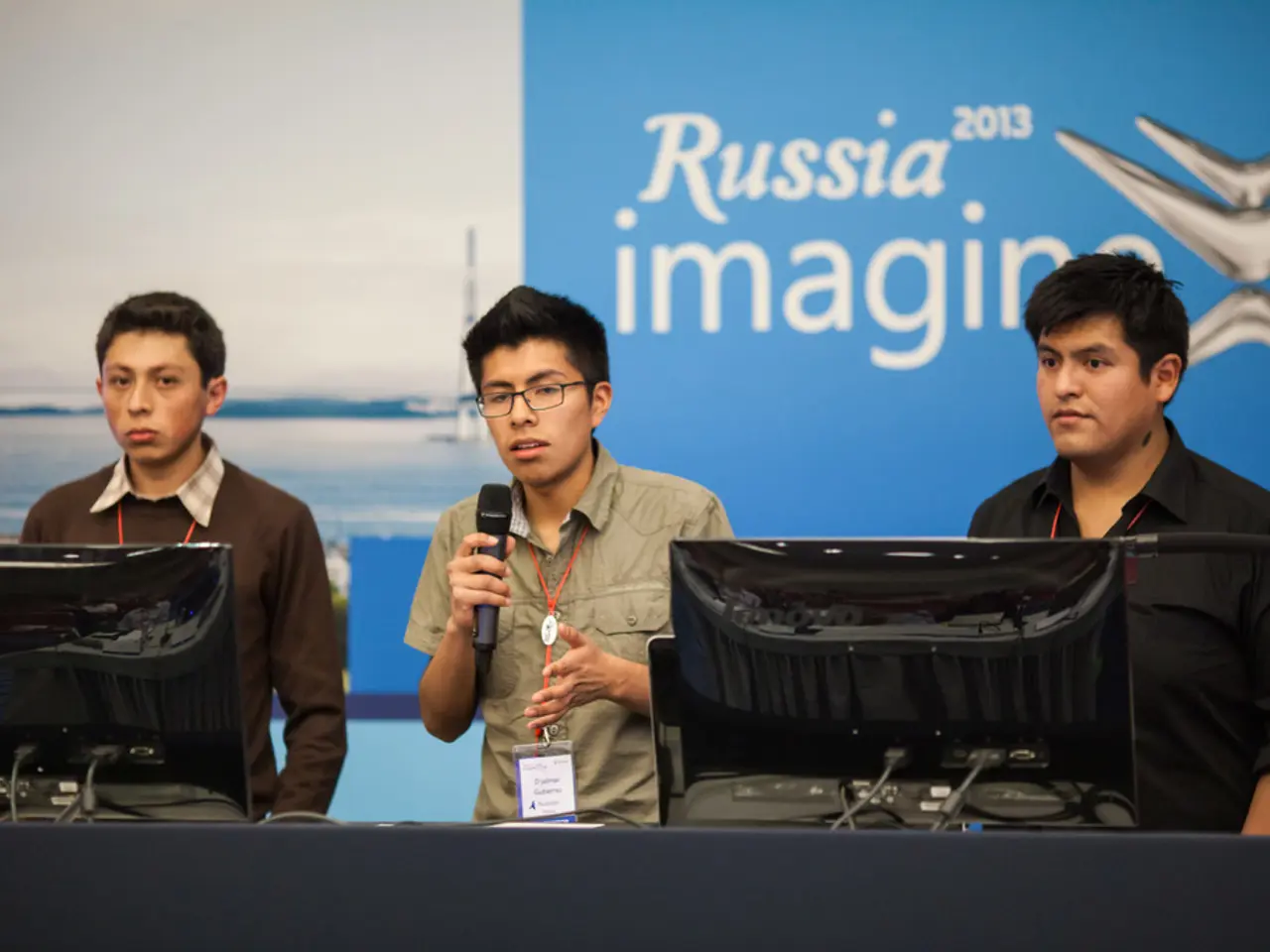Europe set to invest $30 billion in large-scale AI data centers - numerous locations to accommodate 100,000 AI processors each, aiming to compete with the US and China in AI technology development
The European Union is embarking on a $30 billion initiative to build a network of high-capacity AI data centers, aiming to address power supply challenges and boost AI development within the region.
Each gigawatt datacenter, expected to cost between €3 to €5 billion, will deliver a level of computational power far greater than existing AI data centers. However, massive upgrades will likely be needed to support the project, which will stretch schedules.
The EU, the world's second-largest economy, has allocated €10 billion to establish 13 AI data centers and has earmarked an additional €20 billion for a network of gigawatt-class AI facilities. The specifications of these upcoming data centers are yet to be clarified.
The European Commission executive vice president for technology policy believes that limited access to computing has held back AI development in the EU. Building massive AI data centers is designed to solve this problem, with the first AI factory expected to go live in the coming weeks and a large-scale project in Munich planned for early September.
To ensure the initiative's massive energy needs can be met sustainably, the focus is on renewable energy sources and energy efficiency. The EU plans to build data centers in regions with abundant renewable energy, such as hydropower in Norway. Advanced cooling technologies, like closed-loop liquid cooling, will also be employed to improve energy efficiency.
The choice of locations, such as cool climates with mature industrial bases, is designed to lower cooling and energy costs for these power-hungry facilities. The project aligns with EU regulations like the AI Act and the Energy Efficiency Directive, which promote sustainability and transparency in AI infrastructure development.
However, power supply remains a significant concern for the project, as a single gigawatt-class data center requires an enormous amount of power. Building such generation capacity takes years. The project has attracted 76 expressions of interest from 16 member states, covering a total of 60 potential locations.
Business model development, thorough planning, and interest from private companies are necessary for the success of the project. Acquiring hardware is only the beginning for running data centers profitably. The scale and sustainability of the EU's AI project remain in question, with the public sector's investment in the project yet to be determined. The AI buildout in Europe may be very gradual to avoid mistakes made by Chinese authorities.
- The EU's $30 billion AI project, focused on constructing data centers powered by renewable energy and advanced cooling technologies, could significantly revolutionize finance and investing, as these facilities aim to boost AI development and address power supply challenges.
- In the pursuit of sustainable AI development, the EU's initiative includes the employment of data-and-cloud-computing technology and artificial-intelligence, with the integration of AI factories and gigawatt-class AI facilities expected to bring substantial advancements in technology.




